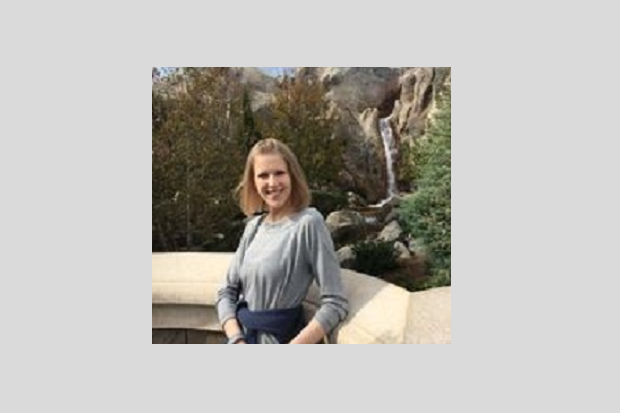
On World Book and Copyright Day, Defra Librarian Laura Graydon reflects on the origins of copyright and explains why it’s so important for us all to understand the law, and how it applies to us and our work in Defra.
I’m sure everyone has heard of World Book Day, but have you heard of World Book and Copyright Day? Unfortunately, celebrating World Book and Copyright Day doesn’t involve dressing up as your favourite book character, but there’s a lot to love about it, all the same…
World Book and Copyright Day is celebrated every year on the 23rd of April. The events held in honour of the day are organised by the United Nations Educational, Scientific, and Cultural Organisation (UNESCO) to promote reading, publishing, and copyright.
Coincidentally, the 23rd of April also marks the anniversary of the death of three celebrated authors: Miguel de Cervantes, Inca Garcilaso de la Vega and, perhaps most famously, William Shakespeare – all factors that played a major role in UNESCO selecting this particular date to celebrate on, back in 1995 when the first official World Book and Copyright Day took place.
It's been 407 years since Shakespeare’s death – by the current laws in place in the UK today, that means it’s been 337 years since the copyright on Shakespeare’s works lapsed.
Copyright protection starts as soon as a work is created. Once the copyright has expired – which, in Shakespeare’s case, happened 70 years after his death – anyone can use, copy, or adapt the work, which is why everyone is free to interpret and re-interpret Shakespeare’s plays and poetry, however they like, and in whatever medium they like.
You might know of the recently-released (and quite controversial) film interpretation of the beloved children’s character, Winnie the Pooh, which was permitted after the copyright on author A. A. Milne’s works expired in the United States, entering the public domain on 1st January 2022 – a prime example of a rather extreme reinterpretation of the author’s original work.
The reason copyright exists is, in a nutshell, to protect your work and prevent others from using it without your permission. The Copyright, Designs and Patents Act of 1988 is the principal legislation on copyright in the UK, and although different countries have different copyright laws, in the majority of countries, written, dramatic and artistic works are protected for at least the creator’s lifespan plus 50 years.
Why copyright matters to you
So, what does this have to do with you? Well, during the course of your career, or even in your personal life, you might write or publish your work, make video or audio recordings, take photos, or even create web content, software or databases. All of these are your own works, and all are automatically under copyright protection as soon as you create them – you don’t have to pay a fee or register the work anywhere for copyright to apply.
If you are a civil servant (which is anyone employed by Defra, APHA or VMD) the copyright in all the material you produce at work will belong to the Crown, meaning that it’s subject to Crown Copyright. This applies to scientific articles, websites, emails, presentations, policy documents, or even a blog post about copyright…..
The default licence for most Crown Copyright and Crown database right information (and for some other public sector bodies) is the Open Government Licence (OGL). This means that although the work is under copyright, it’s also available for anyone to re-use, adapt, and re-distribute, so long as they acknowledge where the original information came from and if possible, provide a link to the Open Government Licence. This makes government information open, accessible, and reusable for all.
Help is at hand though
For those colleagues in Defra unsure of what all this means for them, our friendly team of librarians and information professionals working in the Defra Library are always on hand to answer their questions. We’re able to give help and advice on any copyright questions they might have, whether they’re publishing their own work, or want to know about re-using someone else’s, or just need some general copyright guidance.
We offer resources such as a Copyright Guidance page, which answers a lot of the most common questions and includes links to relevant licences and legislation. We can also help them with the publishing process if they’re a staff member looking to publish their work in academic and commercial journals.
If they still have questions about copyright, we encourage colleagues to get in touch with the library team – we’re always happy to help!
World Book and Copyright Day is a UNESCO-sponsored day celebrated every year on the 23rd of April. The theme for 2023 is Indigenous Languages; it’s a UN priority to uphold and promote linguistic diversity and multilingualism.
Recent Comments